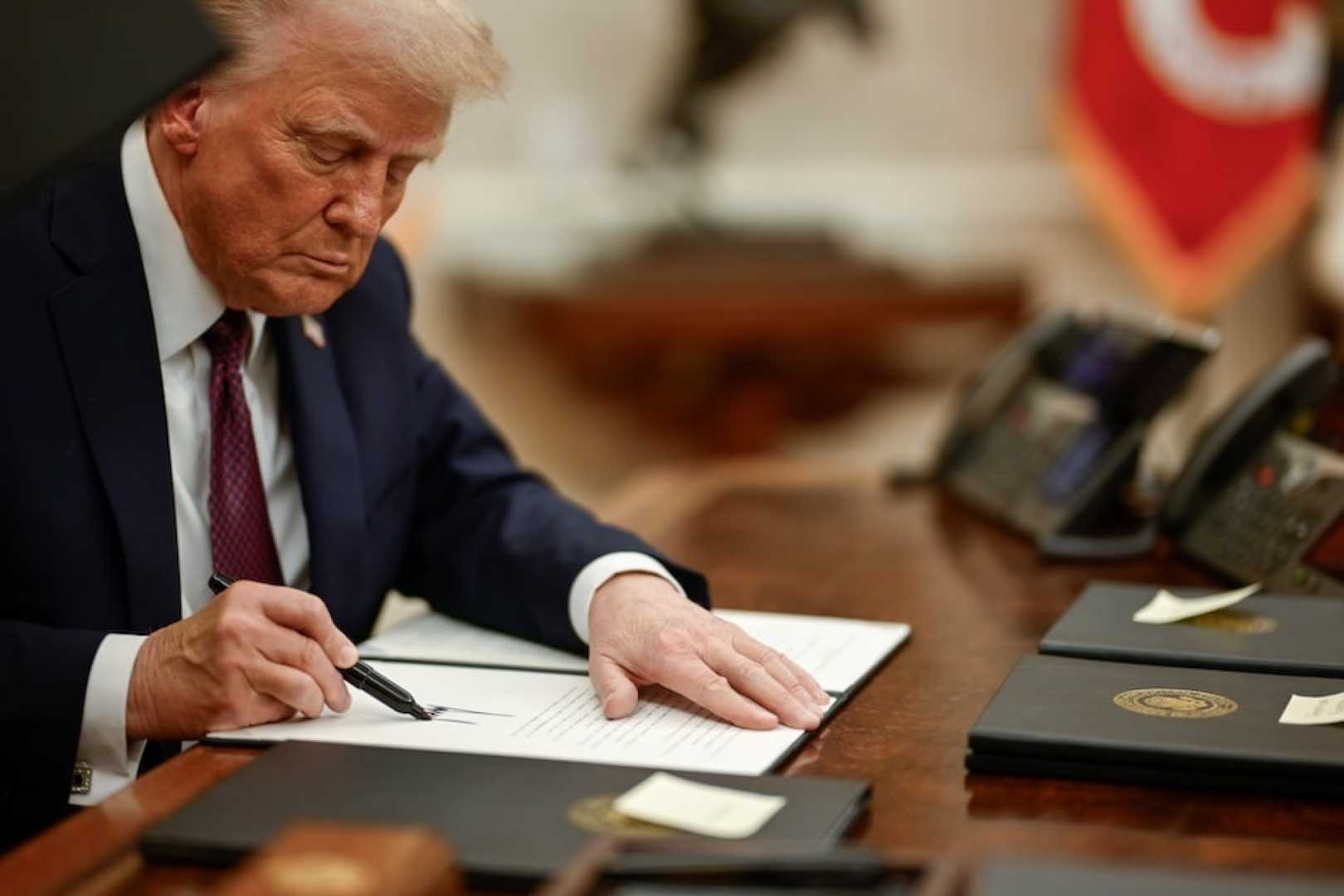Business
Trump Signs Order to Expand 401(k) Investment Options

WASHINGTON, D.C. — President Donald Trump is expected to sign an executive order on Thursday aimed at allowing employees greater access to alternative investment options in their workplace retirement plans, including 401(k)s. This initiative seeks to enable workers to invest in private equity and other previously restricted assets.
The order directs the Labor Department and the Securities and Exchange Commission to provide guidance to employers on how they can incorporate these alternative investments into their retirement accounts.
The push for access to a $12 trillion market in defined-contribution plans has gained momentum from both the private equity and credit sectors. While current regulations do not prohibit minor changes, traditional plan sponsors have mostly avoided these private investments due to fiduciary responsibilities to offer prudent and cost-effective options.
“It’s going to be more complicated,” said Lisa Gomez, a former assistant secretary of labor for employee benefits security. She emphasizes that plan sponsors must continue to adhere to their fiduciary duties when evaluating new investment options to ensure they serve the best interests of employees.
Analysts like Jaret Seiberg from TD Cowen forecast delays in actual changes, predicting that new regulatory frameworks could take until 2026 to finalize.
Critics, including Senator Elizabeth Warren, have raised concerns about the potential systematic risks posed by expanding private credit access to ordinary retirement savers. Warren has requested information from Empower, one of the largest recordkeepers planning to offer private equity options as early as the next quarter.
While advocates for alternative investments argue they may provide employees with increased diversification and potentially higher returns, experts warn that unsophisticated investors may not be equipped to understand the complexities and risks associated with such investments.
As firms like BlackRock and Empower begin introducing private investment opportunities, it will be essential for administrators to ensure that adequate educational resources are in place for participants.












